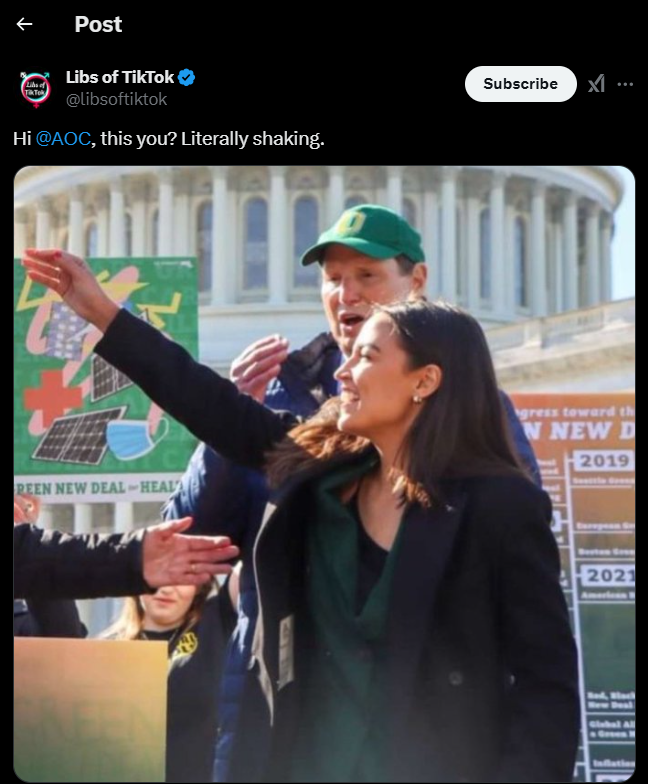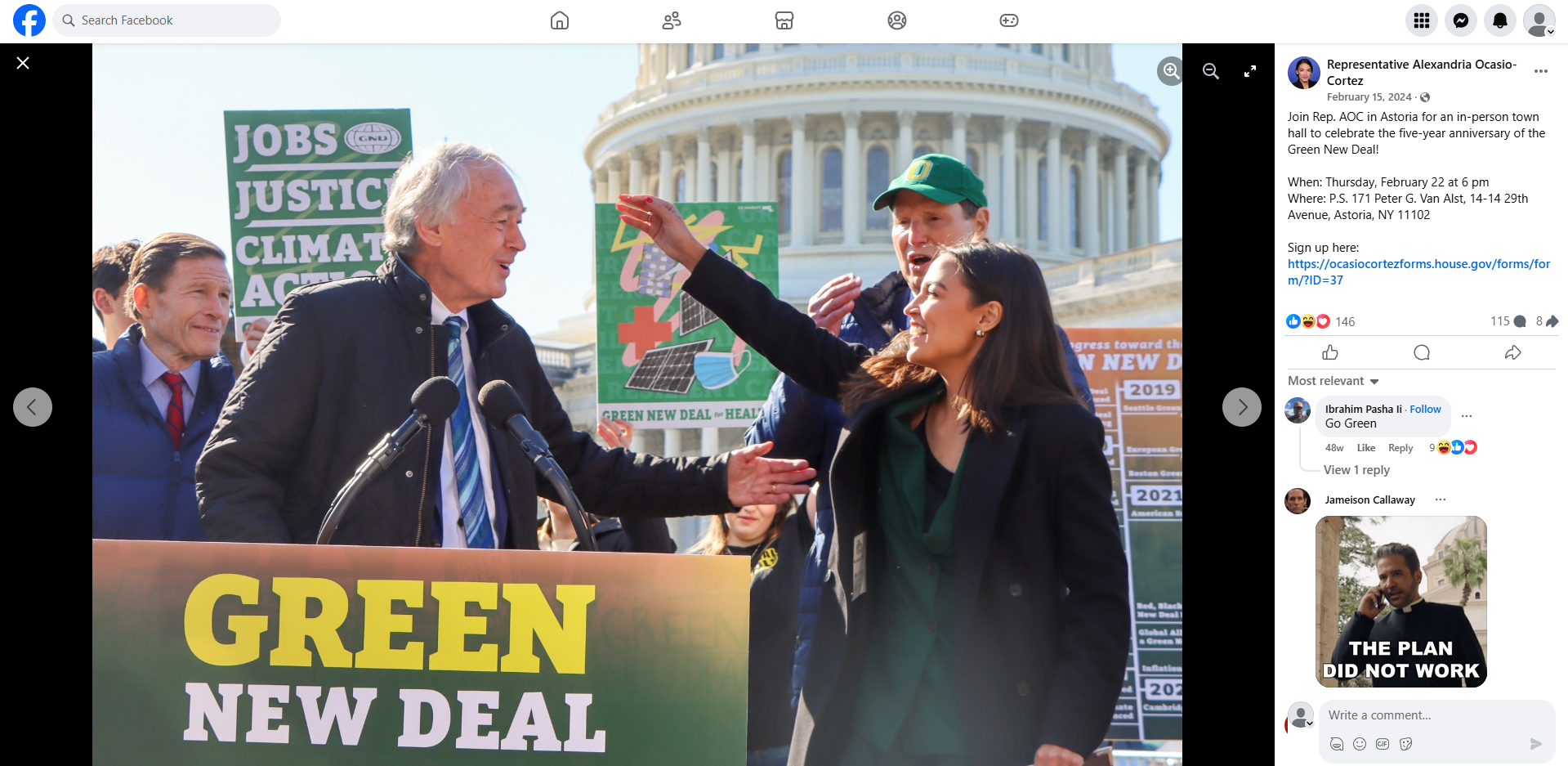Is a seemingly innocuous gesture enough to ignite a firestorm of controversy, and what does this say about our current climate of scrutiny? Recent events surrounding Elon Musk, the billionaire entrepreneur, have brought this question into sharp focus, illustrating how easily actions can be misconstrued and amplified in the digital age.
The central point of contention revolves around a gesture made by Musk during a speech at the Capital One Arena. This simple action, quickly disseminated across social media platforms, was swiftly interpreted by some as a Nazi salute, sparking a flurry of accusations and condemnations. This incident serves as a microcosm of the challenges we face in an environment where information, and misinformation, travels at the speed of light, and where nuanced understanding can be sacrificed at the altar of viral outrage. The narrative constructed around this event is a testament to the volatility of modern social and political discourse.
| Category | Details |
|---|---|
| Full Name | Elon Reeve Musk |
| Date of Birth | June 28, 1971 |
| Place of Birth | Pretoria, South Africa |
| Nationality | South African, Canadian, American |
| Education | University of Pennsylvania (B.A. in Physics, B.A. in Economics) |
| Primary Profession | Entrepreneur, Investor |
| Notable Roles | CEO and CTO of SpaceX; CEO of Tesla, Inc.; Owner of X Corp. |
| Key Achievements |
|
| Net Worth (Approximate, as of October 26, 2023) | $240 Billion |
| Controversies | Numerous, including allegations of spreading misinformation, labor disputes, and regulatory issues. |
| Political Affiliation | Independent |
| Links for Further Information | SpaceX Official Website |
The Anti-Defamation League (ADL), an organization dedicated to combating antisemitism, attempted to quell the controversy. They wrote on X (formerly Twitter): It seems that [Musk] made an awkward gesture in a moment of enthusiasm, not a nazi salute. This statement, however, did not entirely extinguish the flames. Indeed, the ADL found itself in the crosshairs of the controversy, and the incident quickly became a case study of how difficult it can be to navigate the complexities of public opinion in the digital age.
The incident, though seemingly minor on its surface, has become another data point in the ongoing debate surrounding Musks public persona and the interpretation of his actions. The speed with which the narrative took hold underscores the prevailing social environment. The immediate condemnation of Musk, fueled by social media and the echo chambers, highlights the dangers of jumping to conclusions before examining the nuances of a situation.
The reaction wasnt uniform. Some argued that it was a simple misinterpretation, an awkward gesture, a product of enthusiasm misread. Others, however, seized upon the incident as further evidence of alleged problematic tendencies, a sentiment that gained traction online. This is also the perspective echoed by some media outlets and political commentators who seized on the incident as an opportunity to criticize and condemn Musk.
The rapid dissemination of the image, and the consequent interpretation of the gesture, serves as an important reminder of the power of perception. Moreover, it highlights the challenge of maintaining a balanced perspective in an environment dominated by instant reactions and often polarized viewpoints. It has been noted that several prominent Democrats, including Barack Obama, Hillary Clinton, Kamala Harris, and Elizabeth Warren, have never been accused of performing such a gesture.
Congresswoman Alexandria Ocasio-Cortez weighed in on the issue, responding directly to the ADL's statement. She stated, "You are defending a Heil Hitler salute that was performed and repeated for emphasis and clarity." Her comments, along with those of other prominent voices, added another layer of complexity to the discussion. This amplified the debate around Musk and the ADLs response.
This incident also sparked an interesting debate about the role of context. Was the gesture, in the context of the entire speech and setting, truly indicative of a Nazi salute? This question lies at the heart of the disagreement. Those defending Musk argued that context should be considered before a final judgement is made. Their point was that a split-second image, without the full context, should not be enough to condemn someone. Others, however, contended that the gesture itself was the problem, regardless of the circumstances. They cited the gravity of the symbol, especially given its association with a regime that orchestrated one of the worst genocides in human history.
The reaction of both sides illustrates the deep divisions that run through contemporary society. Some believe that the United States has always stood against Nazism, and should continue to do so. Those with this viewpoint often point to World War II as a crucial, foundational aspect of American identity. This belief emphasizes that the rejection of hate and extremism is a core principle that should be unwavering.
The controversy also brought into focus the issue of "fake news" and misinformation. Those defending Musk claimed that the initial interpretation of his gesture was a misrepresentation, a form of misinformation designed to damage his reputation. The speed with which this narrative spread suggests the ease with which misleading information can propagate in the modern digital landscape. The speed and reach of social media are factors here.
The response from the ADL is also crucial. The organizations decision to defend Musk, and their explanation of the incident, highlighted the importance of combating antisemitism and the need for a balanced approach to potentially sensitive issues. Their involvement shows the ongoing struggle against hate in all its forms. Their actions can be seen as an attempt to mitigate the damage and provide perspective to the situation.
The event serves as a reminder of the complexities of free speech. It prompts a closer examination of the bounds of expression, and the implications of using particular symbols. While the United States is a staunch defender of free speech, it is important to note that this right isn't absolute. The line between acceptable expression and offensive or hateful speech can be difficult to define, and incidents such as the one surrounding Elon Musk highlight these challenges.
The controversy surrounding the Capital One Arena speech serves as a warning. It shows how quickly narratives can be crafted, amplified, and weaponized. In a world increasingly defined by the speed and intensity of online discourse, it has become more important than ever to approach such situations with skepticism and critical thinking.
In conclusion, the recent events surrounding Elon Musk offer a sobering reminder of the complexities of modern social and political discourse. The interpretation of a simple gesture has triggered a cascade of events. It has highlighted the challenges of navigating the digital age, the dangers of misinformation, and the need for a more balanced and nuanced approach to public discourse. In an era dominated by instant reactions, it's crucial to promote critical thinking, and an understanding of the nuances of situations. The incident has served as a call for people to be more careful about how they form opinions and how they react to news. The controversy over the gesture isn't just about Elon Musk; it's also about the kind of society we aspire to build.


